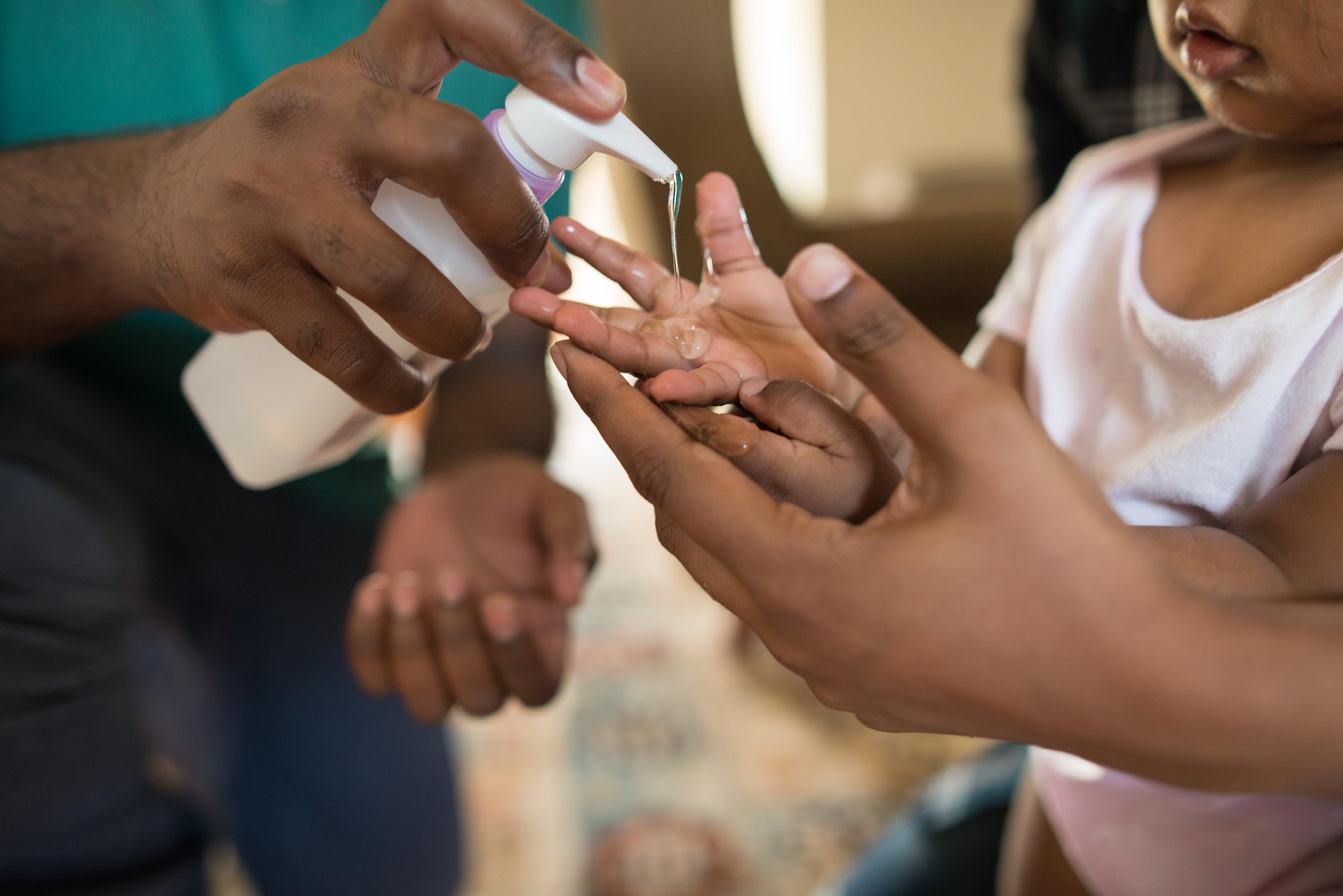
For lots of people, hand sanitizer has been a big part of their lives since the COVID-19 pandemic first erupted a couple years ago. Understanding the advice from health experts that keeping hands clean by washing in soap and water - or using hand sanitizer - people picked up multiple bottles of the product. They kept them handy in their homes, stashed a pump bottle in vehicles and tossed tiny containers into purses, briefcases, backpacks and diaper bags. During that time when this infectious virus was spreading quickly, using hand sanitizer was seen as a great defense against getting sick. A couple years later and it’s still a staple in many places. That raises the question: When does hand sanitizer expire?
Hand sanitizer basics
First, a few facts on hand sanitizers. These formulas are typically available in liquid, gel or as a foam. They can be sold in hand-pump dispensers, squeeze bottles, or even as wipes or sprays. Here is what the Centers for Disease Control and Prevention wants people to know about hand sanitizers:
Washing your hands with soap and water - or with a hand sanitizer that contains at least 60% alcohol - is a very important step when it comes to avoiding spreading germs to others and keeping yourself from getting sick
Alcohol-based hand sanitizers are great at killing most germs on the skin. But they don’t remove chemicals, metals or some illness-causing germs like norovirus. For all those, soap and water work the best. So know what you’re trying to remove so you can make sure hand sanitizer is used in the correct circumstance:
- Use hand sanitizer after blowing your nose, coughing or sneezing.
- Use hand sanitizer after visiting someone in a hospital or nursing home.
- Use enough hand sanitizer to adequately cover the front and back of your hands.
- After applying sanitizer, rub your hands together for about 20 seconds, or until your skin begins to feel dry.
- Once hand sanitizer is on your hands, do not wipe them dry or rinse them in water
When does hand sanitizer expire?
Because hand sanitizer is regulated as an over-the-counter drug by the U.S. Food and Drug Administration, all containers are required to have an expiration date printed somewhere on the bottle or package. Typically, hand sanitizer is good for two to three years after it’s produced. Even once it reaches its expiration date, it is still likely good for killing germs on your hands. It’s just not as effective as it was when it was first produced. The reason: the active ingredient in hand sanitizer is alcohol. Alcohol will evaporate when exposed to air - you notice when you’re rubbing it into your hands, your skin eventually becomes cool and dry? That’s the volatile alcohol content, and that is what’s killing the germs. If a bottle of hand sanitizer is left open and exposed to the air, the alcohol will evaporate more quickly and make the sanitizer less effective, according to Healthline.
A warning around children
No matter the expiration date, make sure to supervise hand sanitizer around young children. Children should keep it away from their eyes and face, and never put it in their mouth. Sometimes sanitizers are bottled in colorful or character-shaped packages or pouches. These can be especially enticing to young children who don’t understand the mixture is dangerous. Ingesting hand sanitizer can cause injury or death in children, according to the FDA.
Related:
Photo credit: Getty Images





